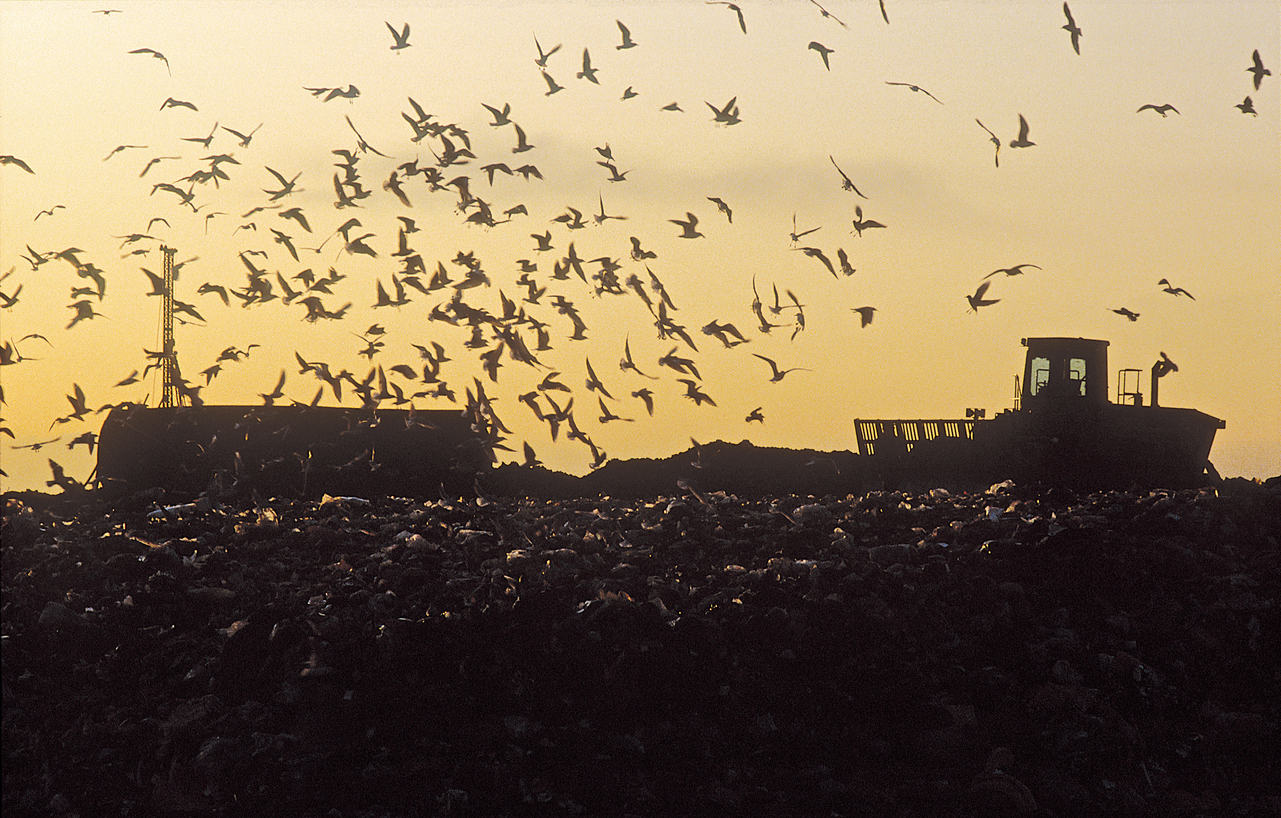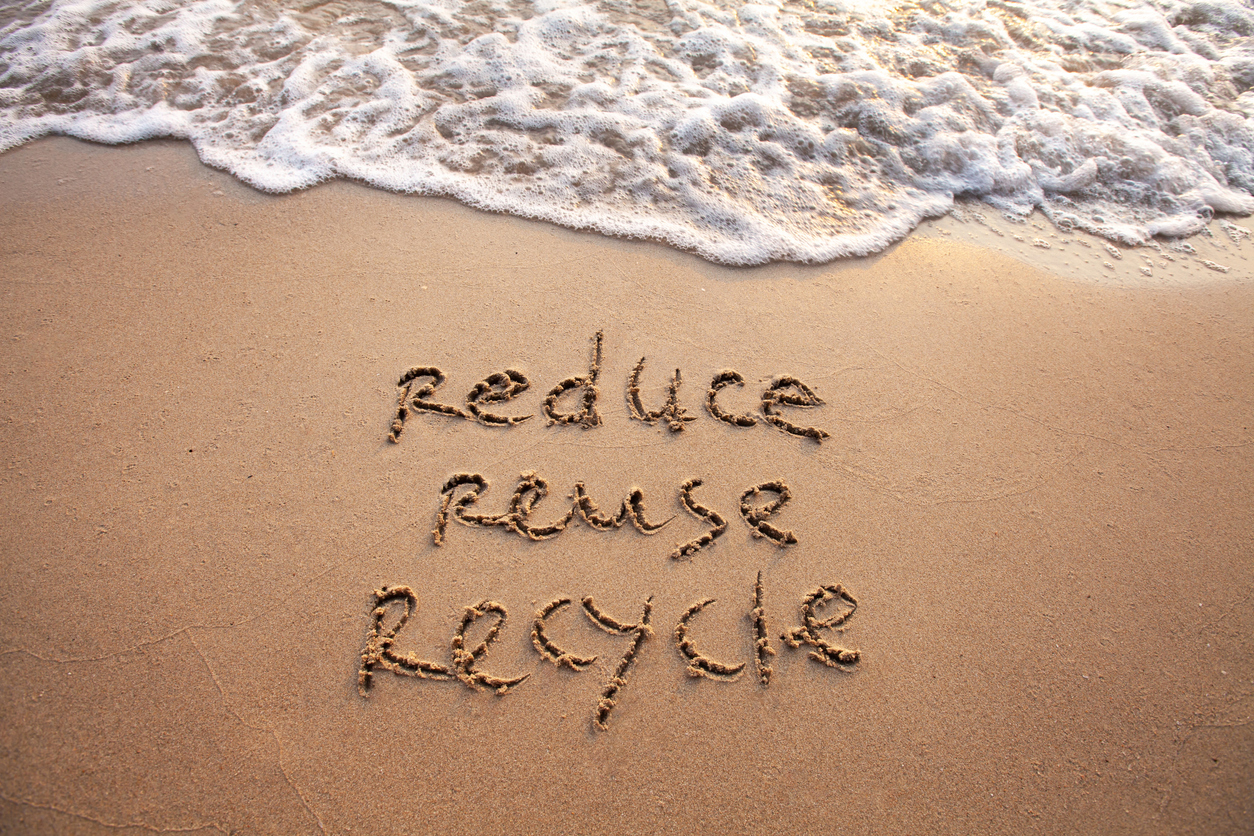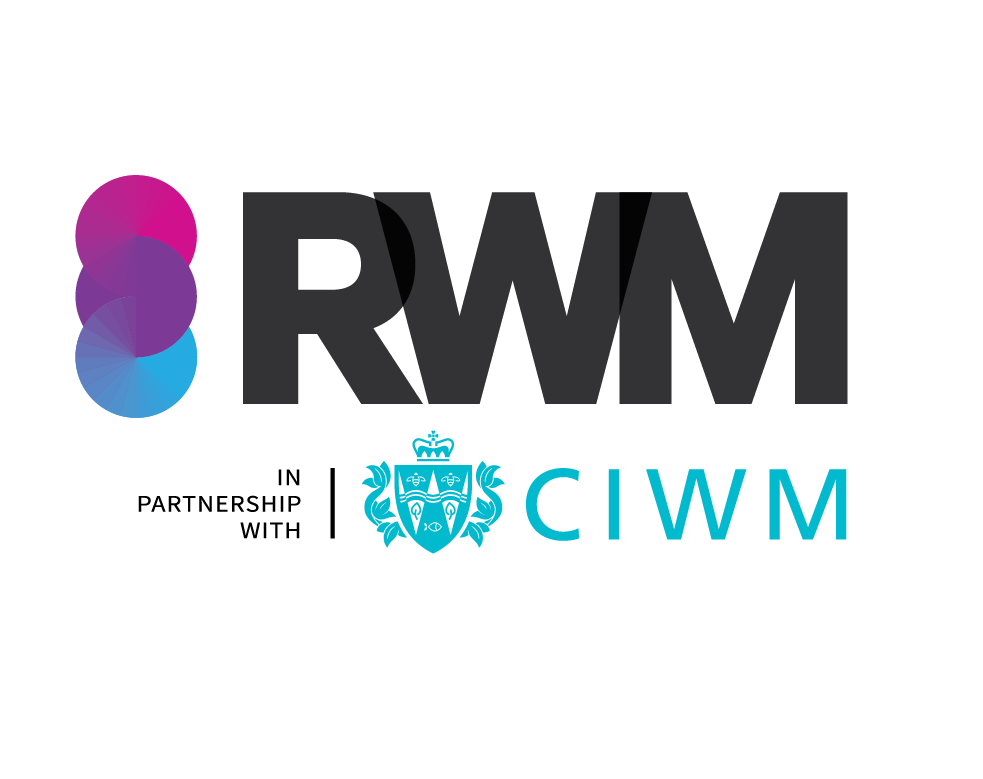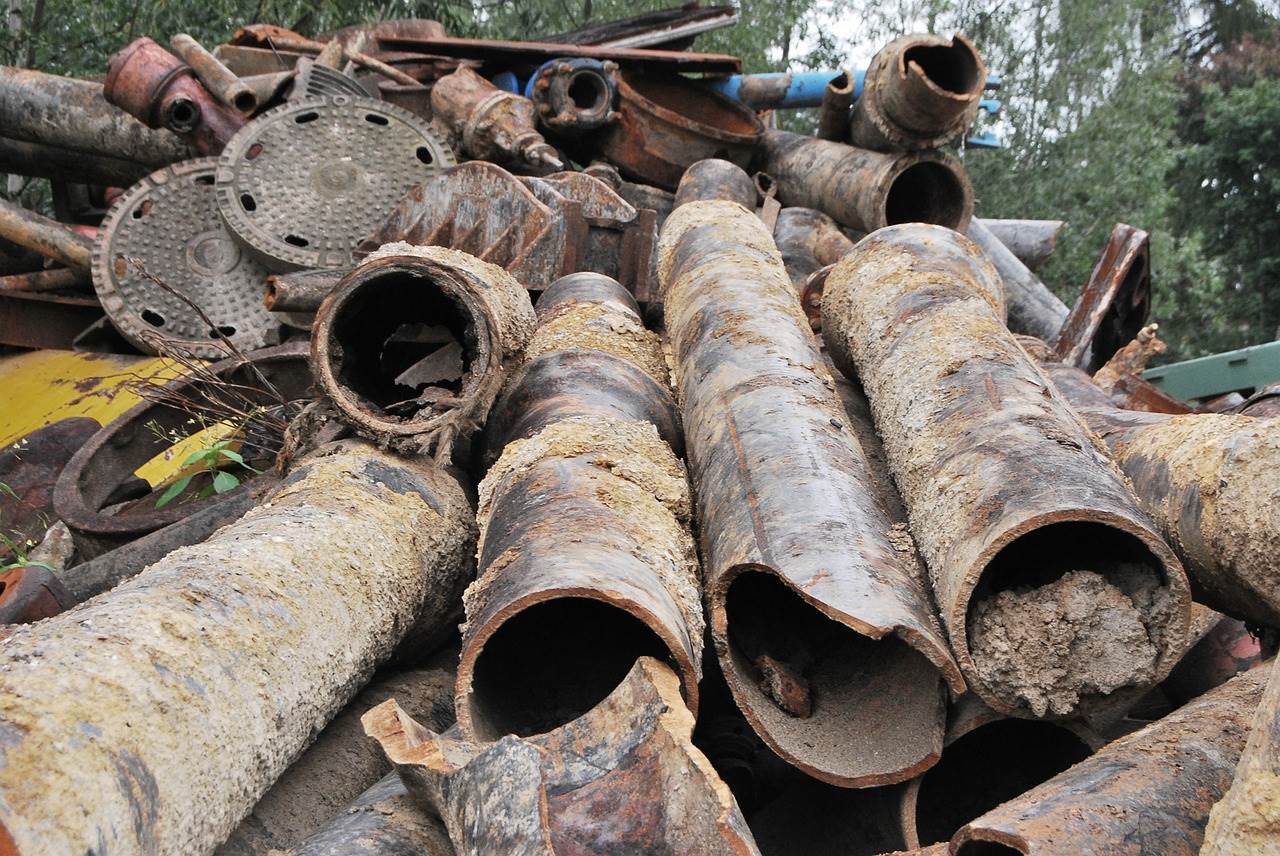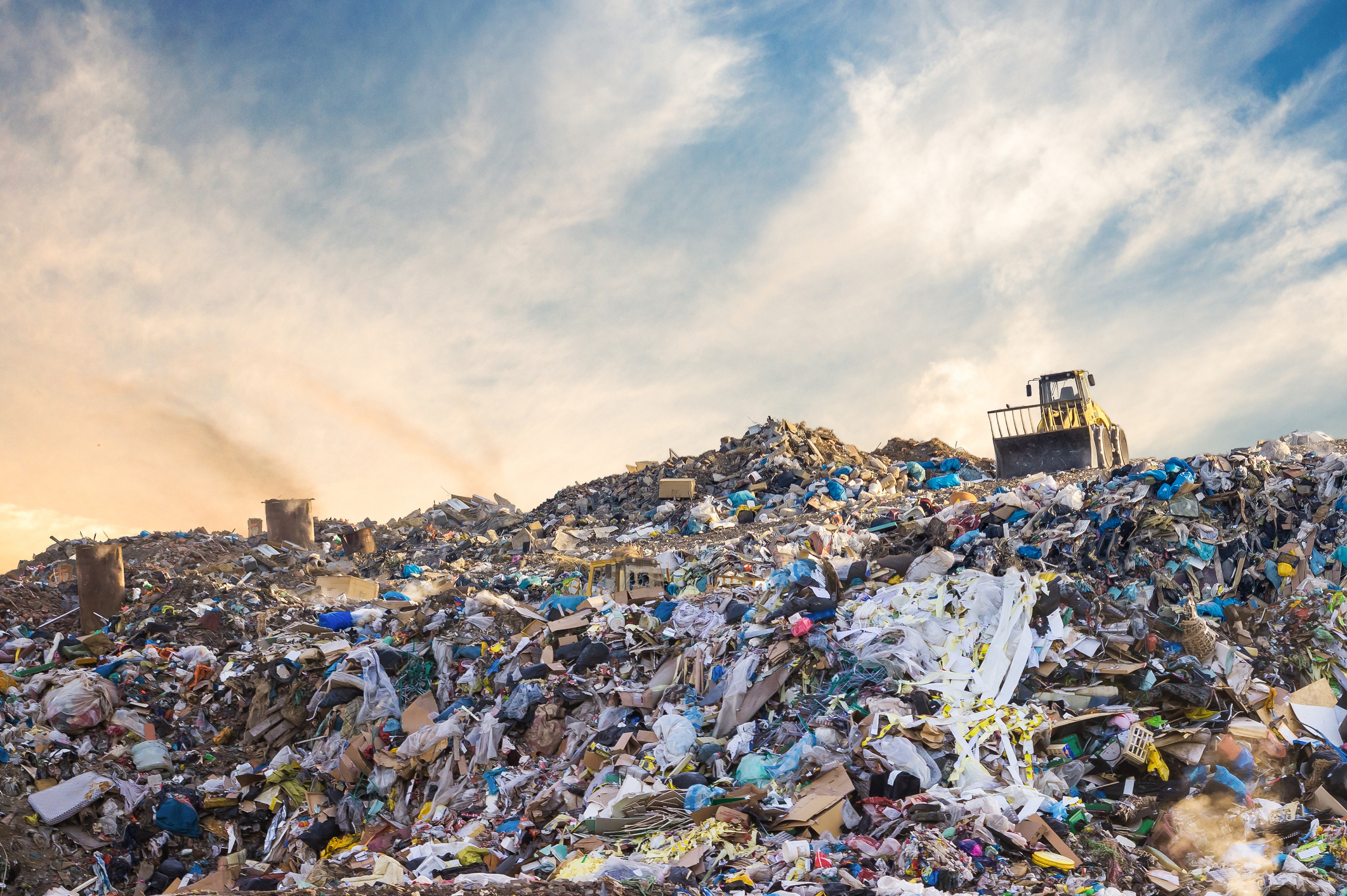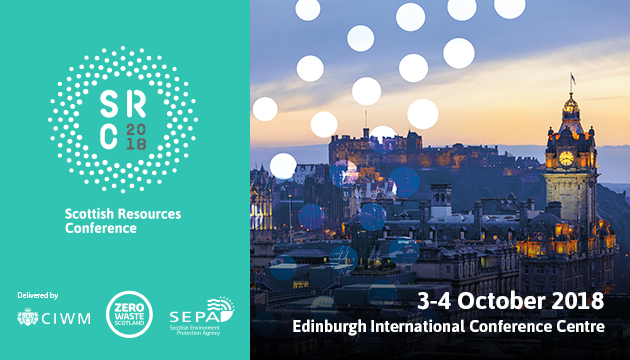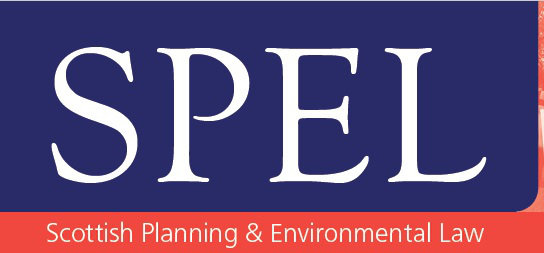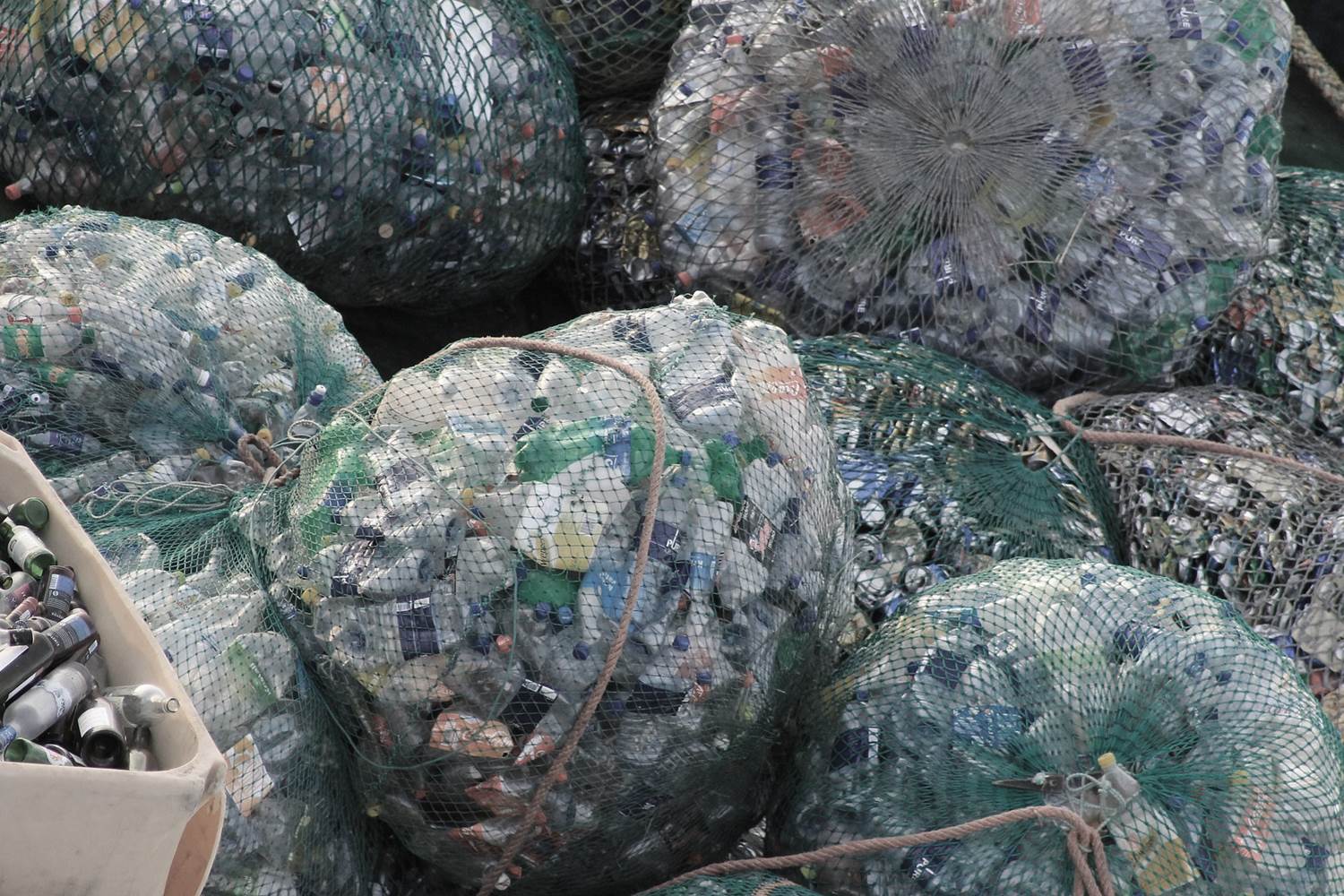
Talking Dirty – An Environmental Blog: Recovery v Disposal: Important SEPA Consultation.
Date: 23/02/2017 | Environmental, Blogs
At the beginning of this month a SEPA consultation was published in relation to new draft guidance on the recovery and disposal of waste in quarries. The consultation runs until 31st March 2017.
The draft guidance is presented as dealing with the infill or restoration of quarries. However, there is a suggestion by SEPA that it signals a wider change of policy (or at least practice) in relation to other similar activities currently carried out by way of an exemption from waste management licensing but which might not continue to be authorised as such. Instead such activities would either be considered: (a) disposal of waste in which case a PPC permit would be required or (b) a recovery operation to be dealt with under a waste management licence.
Under the waste framework directive there are specific definitions of what constitutes both recovery and disposal of waste. However, the test in terms of the draft guidance arguably goes further than the directive definitions: in order for an activity to be considered a recovery rather than disposal operation, the waste materials being used must be a replacement for non-waste materials which would otherwise have been used for the same purpose and to the same extent. The test, similar to that already employed in England and Wales (although there it has been recently tested in the courts) is effectively a two stage process in respect of which operators will have to provide a positive answer to the following questions:
- Is there a reasonable chance that the operation would remain worthwhile and an operator would still proceed with the works using non-waste materials?
- Are the waste materials proposed suitable for the works?
There are a number of issues with the draft guidance and how this test will work in practice that will need addressed as part of the consultation:
- Although a number of things (including the extent of the works, the type and volume of material, and compliance with other regimes (namely planning and health and safety)) will be considered by SEPA, the first stage of the test will largely be based on the provision of evidence that the operation would still be financially viable without the waste materials (i.e. using virgin materials). If there is a legitimate use for waste materials, in place of virgin resources, should the main focus in determining the classification of that use as a recovery operation be financial?
A significant portion of the draft guidance relates to this financial element and it is questionable to what extent that focus dilutes the importance of other factors, such as the desire to encourage the sustainable use of resources. Such sustainability and the wider move toward a more circular economy are both expressed as high priority goals for SEPA in their One Planet Prosperity strategy. Is there a degree of dichotomy here?
- The potential impact on the costs of construction, development and demolition projects if, going forward, a larger proportion of the waste materials produced have to be disposed of in an inert landfill site rather than recovered for use in a quarry or similar could be substantial. There is a suggestion that, at least in relation to the infilling of quarries, an existing exemption from Scottish Landfill Tax would be applicable but that needs further consideration.
- On the basis that there will be less feasible exempt sites, as a result of the introduction of the guidance, what will happen, in the interim period, to material which cannot go to landfill? A number of operators have already either had exemption (primarily paragraph 9 or 19) applications rejected or experienced difficulty in having them accepted which demonstrates that SEPA have been acting on the principle of this new guidance for the last 12 months or so, notwithstanding that the consultation has only just been released. It appears that a few isolated disagreements, regarding the use of these exemptions for the infilling of quarry sites in the west of Scotland triggered a more widespread reaction within SEPA. That seems to have led to exemption applications (particularly for the infilling of quarries) being: (a) more closely scrutinised than might previously have been the case and (b) determined on the basis of the test now set out in the new guidance prior to the change of practice being fully communicated externally.
Given the potential consequences that this draft guidance could have both for development and the waste industry and the need for further clarification of the points set out above which could present serious concerns for many, wide consideration and engagement with the consultation needs to be encouraged!
If you would like advice on anything contained in this article, contact me on 0131 625 9191 or via email, twitter or linked-in.
























